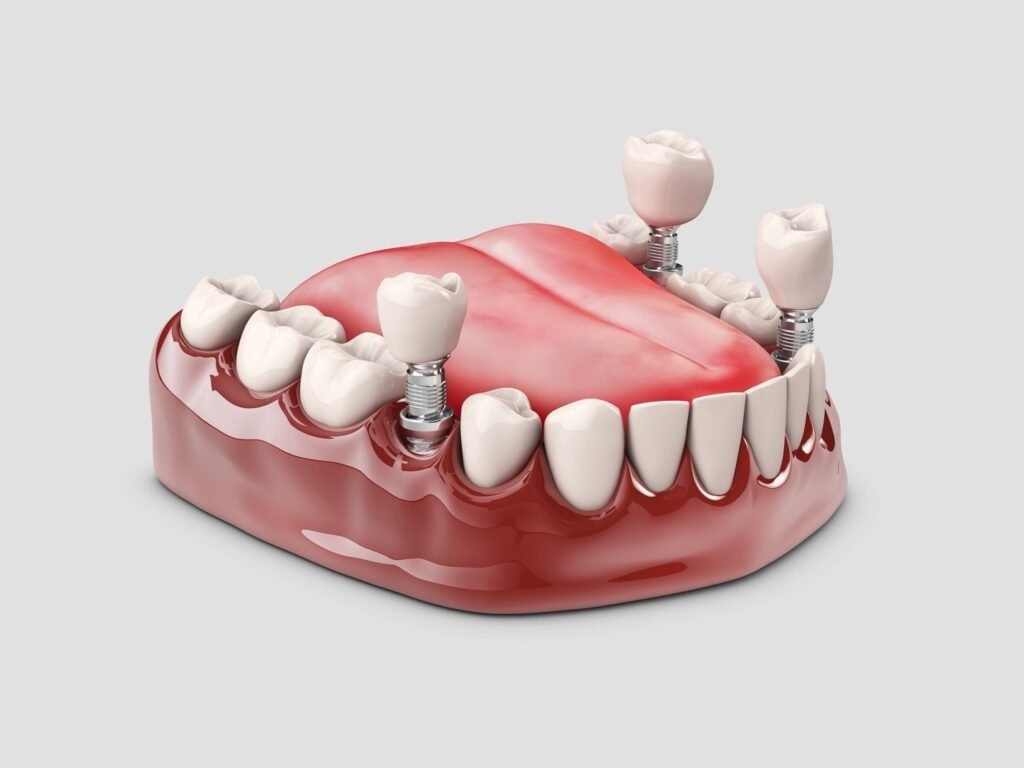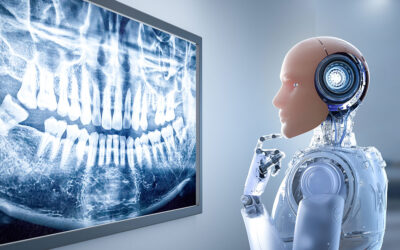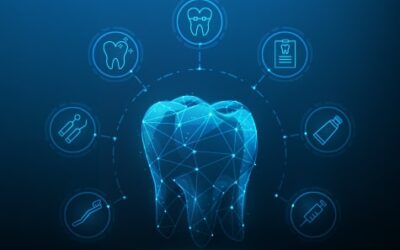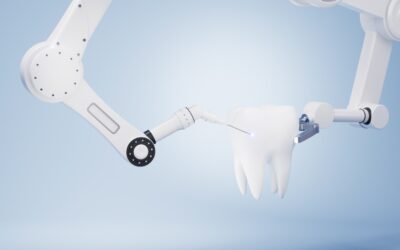
Does grafting and attached gingiva increase the success rate of implant?
The significance of attached gingiva on the facial aspect of every implant is one of the most important situations that a generalist may overlook. According to the literature, any implant must have a band of attached gingiva that is at least 2 mm wide to maintain periodontal health. Have you ever had a patient come into your office with a dental implant that they may have placed themselves or that they may have received from another office with hazy soreness symptoms? Our initial response is to examine the intraorally and take a digital radiograph to determine whether there has been significant loss of hard tissue and whether the abutment and crowns are in proper condition.
It is important to check for the absence of attached gingiva. Bone will contract when teeth are lost, and the mucosal tissue will frequently follow this recontouring. Our implants’ facial aspect being covered in mucosa is asking for trouble. There are methods for replacing or growing bone where it is lacking. The free gingival graft is a successful procedure for enlarging the mandibular keratinized mucosa on the buccal side of the interforaminal space and improved peri-implant tissue health, allowing for better oral hygiene.
References
Marin DO, Leite AR, Nícoli LG, Marcantonio C, Compagnoni MA, Marcantonio E Jr. Free Gingival Graft to Increase Keratinized Mucosa after Placing of Mandibular Fixed Implant-Supported Prosthesis. Case Rep Dent. 2017;2017:5796768. doi: 10.1155/2017/5796768. Epub 2017 Feb 15. PMID: 28293441; PMCID: PMC5331288.
Kina J, Kina E, Kina J, Kina M (2018) Connective Tissue Graft to Improve Aesthetic Peri-implant Area: Modified Clinical Technique. Periodon Prosthodon. Vol.4 No.1:02.
https://www.dentistrytoday.com/grafting-and-attached-gingiva-to-maximize-implant-prostheses/






